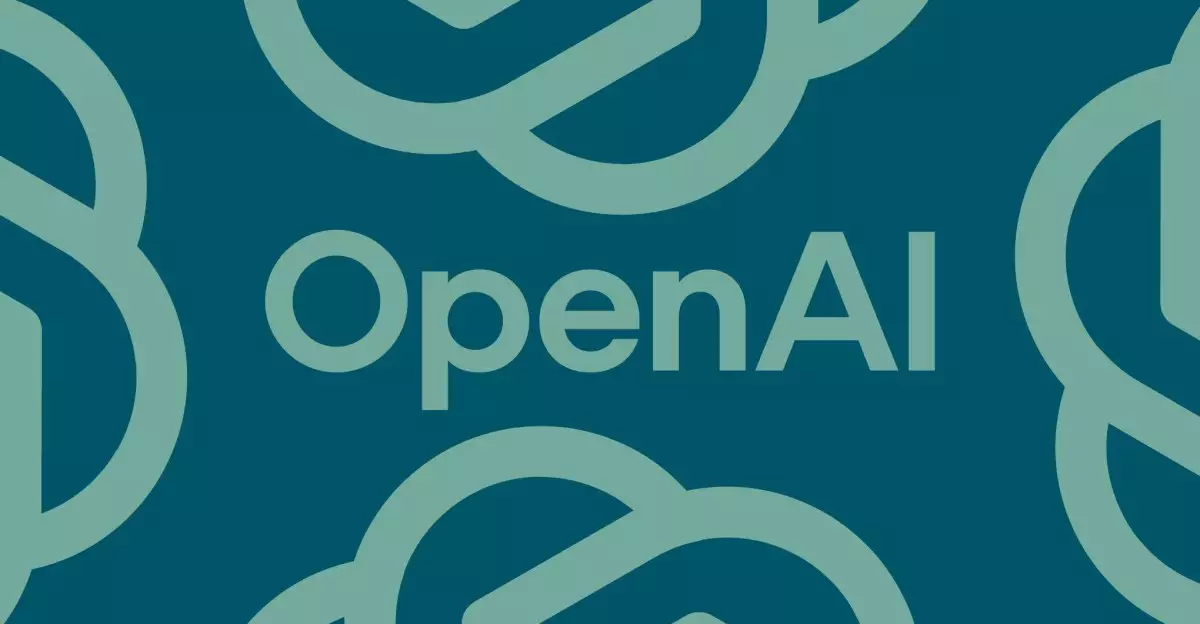In the ever-evolving landscape of artificial intelligence, the clash between Elon Musk and OpenAI is not merely a corporate skirmish; it’s emblematic of deeper philosophical divides about the purpose and direction of AI development. When OpenAI filed a countersuit against Musk, alleging that his actions are nothing but bad-faith tactics aimed at relegating their progress, it opened the floodgates to a myriad of questions regarding ethical practices in technology and the responsibilities of its pioneers. Musk’s history with OpenAI is intricate; he’s not just an external critic but a founding member who infused the organization with his vision of AI as a tool for humanity, rather than purely a profit-driven venture.
Motivations and Allegations
OpenAI’s allegations suggest that Musk’s maneuvers, including a dubious takeover bid, are calculated strategies meant to undermine their operations and divert control of groundbreaking innovations towards his personal interests. The lawsuit calls for accountability, seeking to halt Musk’s alleged “unlawful and unfair actions” that they claim have already caused irreparable damage. It raises an essential question: at what point does competition turn into obstruction? The antagonism between Musk and OpenAI encapsulates a critical juncture in technological advancement, highlighting how personal ambition can muddy the waters of innovation aimed at societal betterment.
The Corporate Espionage Narrative
The narrative tipping-point occurs when considering that Musk first filed suit against OpenAI last spring, accusing them of straying from their original mission. His call to return to a non-profit orientation, ostensibly for the greater good, seems paradoxical when juxtaposed with his recent actions, which appear far more self-serving. By asserting that he was trying to restore OpenAI’s “humanity-centric” goals, Musk has inadvertently placed himself in a precarious position—one that seems increasingly untenable. Nilay Patel, The Verge’s editor-in-chief, summed it up accurately when he labeled Musk’s initial legal claims “hilariously bad.” Such remarks underscore the scrutiny with which Musk’s motivations are viewed, especially given the wealth and influence he wields.
Implications for the AI Ecosystem
Beyond legal implications, this conflict serves as a poignant reminder of how personalities shape the technological landscape. The impending trial scheduled for spring 2026 is not just about Musk and OpenAI; it’s a reflection of how conflicts over values, priorities, and control can redefine industries. What happens next will potentially set a precedent for how emerging technologies are governed and who gets to wield the reins of power. The stakes have never been higher, and neither the outcome of this trial nor its ramifications can be understated.
An Uncertain Path Forward
As the legal drama unfolds, one must wonder about the repercussions on public perception of AI development. Tech giants and innovators may face pressure to redefine their governance approaches, particularly if this case reveals uncomfortable truths about the interplay of ethics and ambition in the technological realm. Will the Musk-OpenAI tussle prompt a reassessment of corporate responsibility, or will it be remembered merely as another spectacle in the ongoing saga of Silicon Valley’s dramas? The answer remains elusive, but the eyes of the world will be watching closely.

